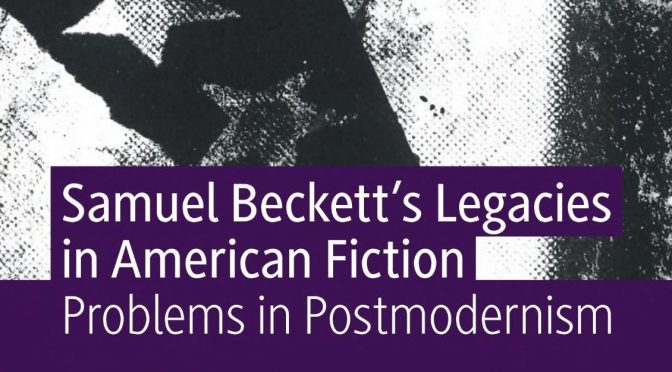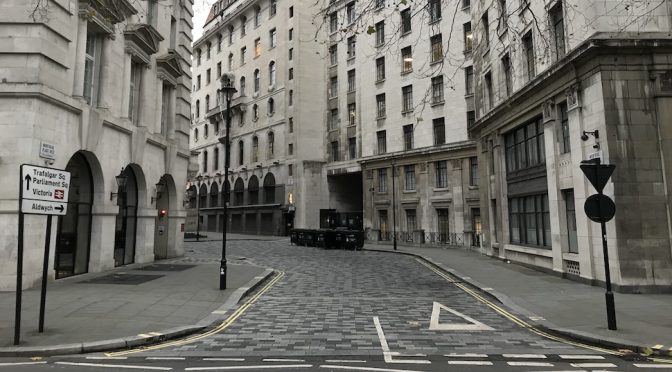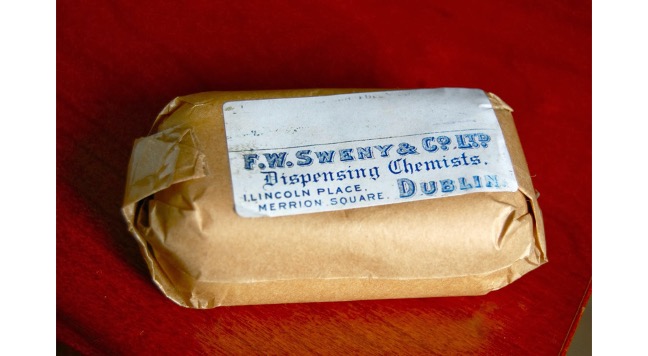By James Baxter
Written by London-based independent scholar James Baxter, Samuel Beckett’s Legacies in American Fiction: Problems in Postmodernism was published by Palgrave Macmillan in December 2021, as part of their series ‘New Interpretations of Beckett in the Twenty First Century.’
What drew you to this subject?
At the outset, I think it was an intuited connection between a lot of the fiction that I was reading and enjoying at the time; Beckett of course, but also American writers like Donald Barthelme, Robert Coover, Thomas Pynchon, etc. A lot of headache-inducing postmodern stuff. While there is certainly no shortage of scholarship on Beckett’s relation to the more theoretical body of postmodernism, I was quite struck by the absence of any sustained work on literary postmodernism and the way Beckett skewers the work of periodisation by serving as an end but also a beginning for this new paradigm (not unlike the kind of stalled narrative sequences that a reader encounters in his mid-century Trilogy).
Continue reading New Book Releases: ‘Samuel Beckett’s Legacies in American Fiction’





